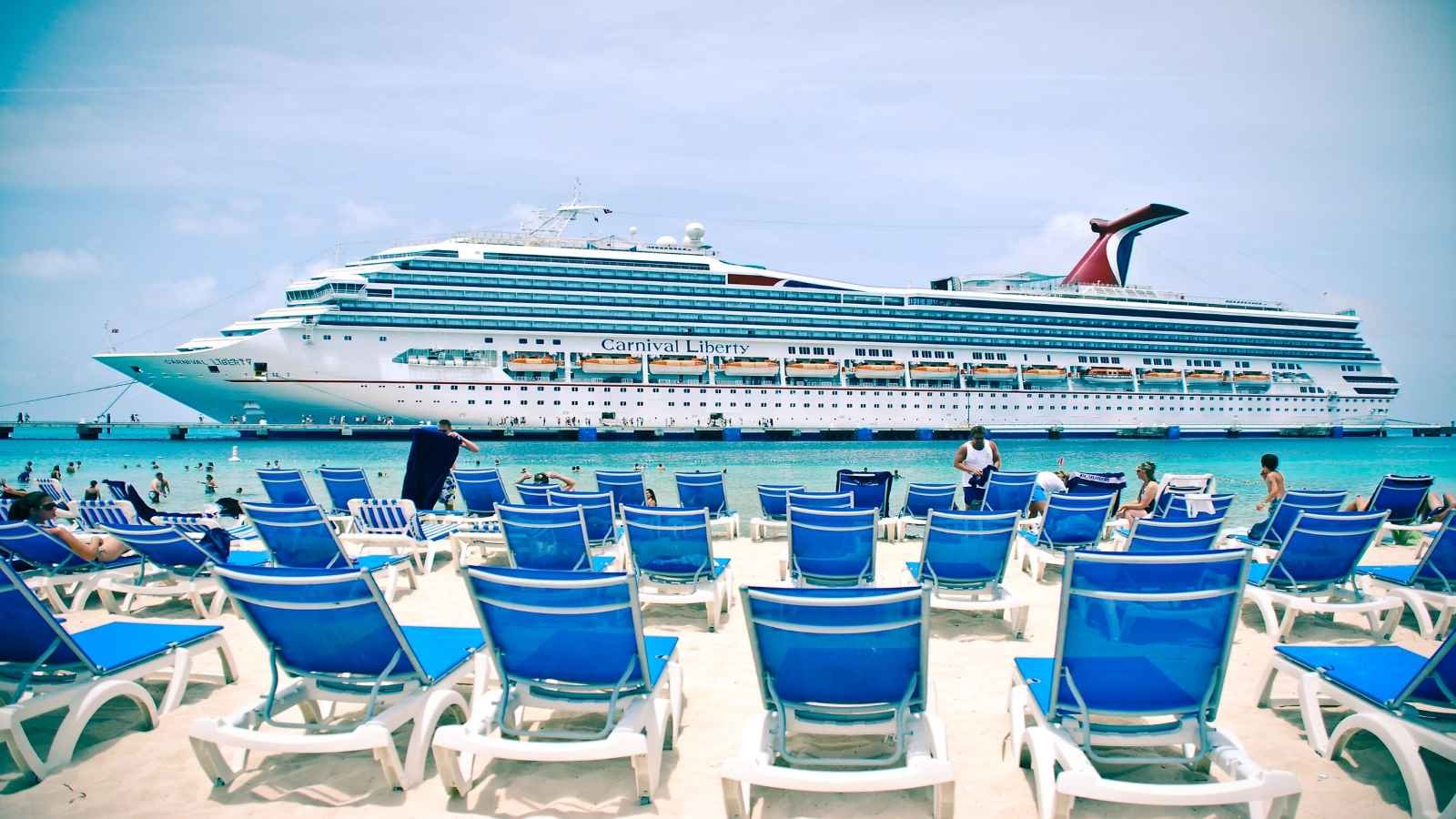This year changed the travel industry in more ways than one. Cruise operators like Carnival (NYSE:CCL) have seen their operations come to almost a complete halt. As a result, CCL stock is down over 70%.

In early January, Carnival prided itself on being the world’s largest cruise operator. The group owns major cruise brands including P&O Cruises, Princess, Cunard, Costa, and Holland America. Yet the post-coronavirus world looks rather different for Carnival.
In general, whenever there is speculation of a potential Covid-19 vaccine, Carnival stock as well as shares in other travel companies rise. Then profit-taking comes along.
Understandably these developments are bad news, or even black swan events, not just for CCL stock, but for shares in other cruise companies, including Norwegian (NYSE:NCLH) and Royal Caribbean (NYSE:RCL).
I wouldn’t necessarily rush to bet on a fast and full recovery any time soon.
How Q2 Earnings and Trading Updates Came
Until a few months ago, quite a number of InvestorPlace readers might have considered taking cruises later in the year. However, that trip may not be possible on Carnival Cruises, at least until November, which means the operator will not have any revenue coming yet.
On June 18, Carnival released disappointing second-quarter results. A net loss of $4.4 billion meant adjusted losses per share of $3.30. The year-ago quarter saw net income and EPS of $451 million and 66 cents. Similarly, total revenue of $700 million was much lower than $4.8 billion in the prior year.
Since then, the operator has provided several trading updates, especially on its financial metrics as well as delay to cruise operations. None of them makes positive reading. Due to voluntary cancellations through the end of October, Carnival has been offering guests the flexibility of full refunds or enhanced future cruise credit that can be used when sailings begin. Especially refunds are creating even more financial concerns for Carnival.
In mid-July, Carnival sold two types of bonds to institutional investors. These two private offerings were of $775 million and 425 million euros. The dollar notes had a 10.5% annual interest rate and the euro notes had a 10.125% annual interest rate, paying interest semi-annually. Both notes will mature on Feb. 1, 2026. Finally, both bonds will have lower priority of repayment in case of bankruptcy.
The rather high interest rates show the adverse impact the pandemic has had on Carnival’s financial situation. Unless the company can start cruising the high seas, its ability to secure financing may come under further pressure.
When Can CCL Stock Recover?
Carnival’s shares are dual listed both in the U.S. and the U.K. In fact, until recently, it was the only company to be included in both the S&P 500 index in the U.S. and the prestigious FTSE 100 index in the U.K. However, the company was demoted in June from the FTSE 100 to the FTSE 250 index.
CCL stock started the year around $51. On April 4, it hit a 52-week low of $7.80. Now it is hovering around $14.50. Put another way, Carnival shares are currently up about 85% in less than five months. They seem to have been buoyed by optimism about economies opening up and a V-shared recovery both stateside and worldwide.
However, we’re currently witnessing increased number of Covid-19 cases. As summer ends in the northern hemisphere, there is discussion of reintroducing partial lockdown measures in many cities, especially if coronavirus case numbers increase in the fall. In such a case, it’d be hard to imagine cruises starting operations even in November.
Operators such as Carnival have so far have also been refused a bailout from the U.S. government because they are incorporated outside the U.S. Without a rescue package, these cruise companies are finding it rather difficult to get their financial house in order.
Those who already own CCL stock may consider hedging their positions with monthly at-the-money (ATM) covered calls. By adopting such a strategy, investors can benefit from any potential run-up in Carnival shares, but also have some protection in case of declines.
The Bottom Line
Despite the gradual relaxation of various Covid-19 restrictions, travel (especially international leisure travel) remains mostly off the cards for many people worldwide. As a result, Carnival’s operations and profitability have been severely impacted. The company has had to raise considerable amounts of cash to stay afloat. It has also had to cut scrap its dividend payments, which stood around 5% before the start of the pandemic.
According to the U.S. Centers for Disease Control and Prevention, “Cruise ships are often settings for outbreaks of infectious diseases because of their closed environment and contact between travelers from many countries.”
Even when governments eventually allow cruises to run, there will be many other business risks that could affect Carnival stock price. The ships that are not being used right now may need further maintenance or extensive repairs. Increased hygiene considerations will likely mean higher costs.
Given the uncertainty as to when leisure travelers may start cruising, Carnival shares might not be suitable for every investor.
Tezcan Gecgil has worked in investment management for over two decades in the U.S. and U.K. In addition to formal higher education, including a Ph.D. degree, in the field, she has also completed all three levels of the Chartered Market Technician (CMT) examination. Her passion is for options trading based on technical analysis of fundamentally strong companies. She especially enjoys setting up weekly covered calls for income generation. As of this writing, she did not hold a position in any of the aforementioned securities.
